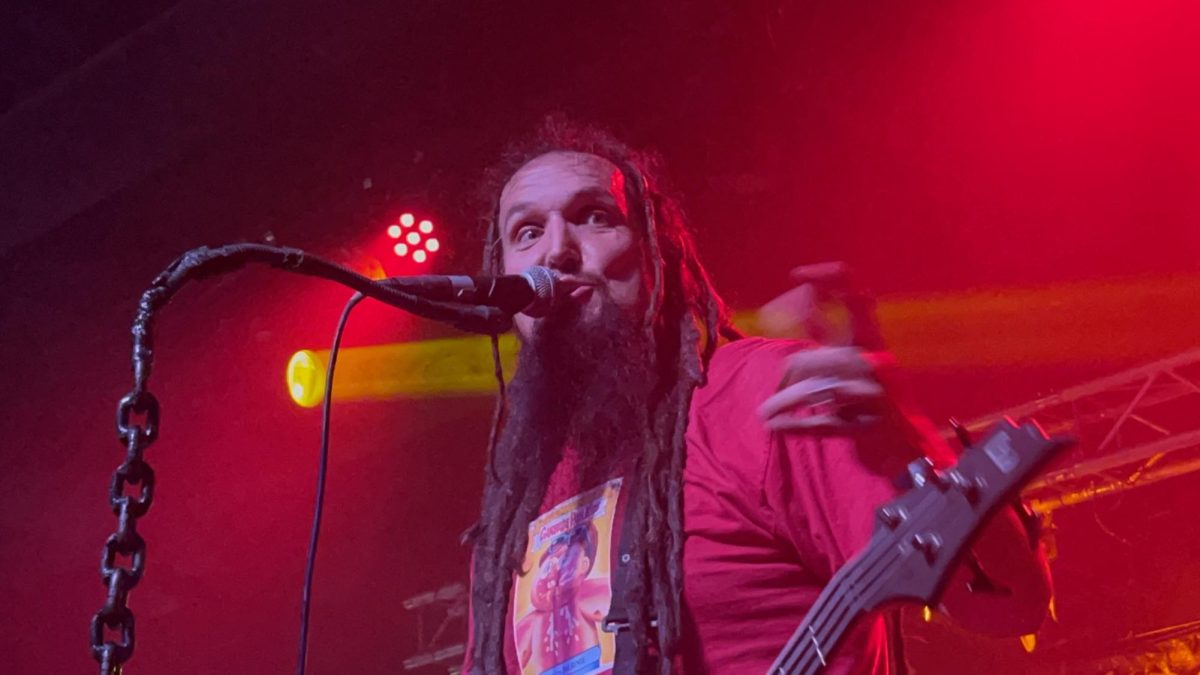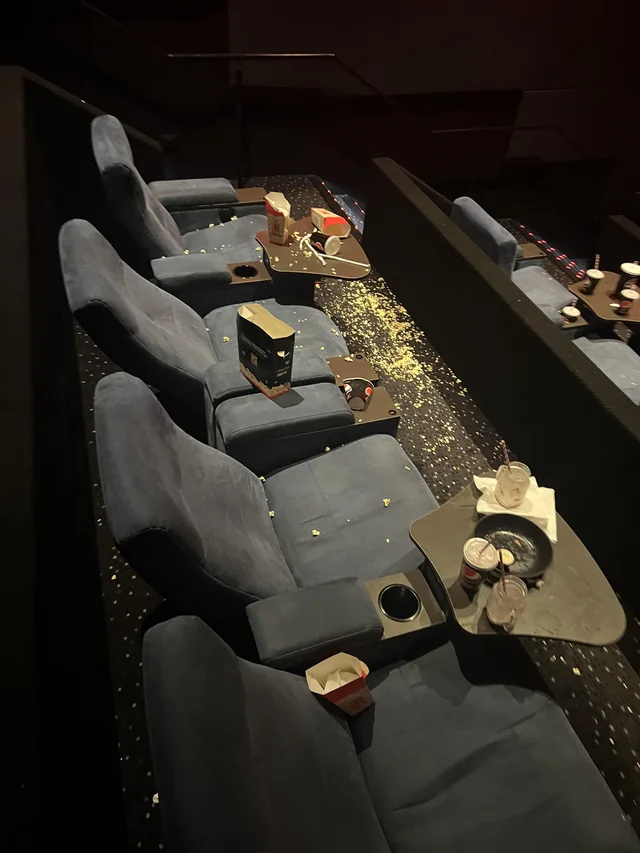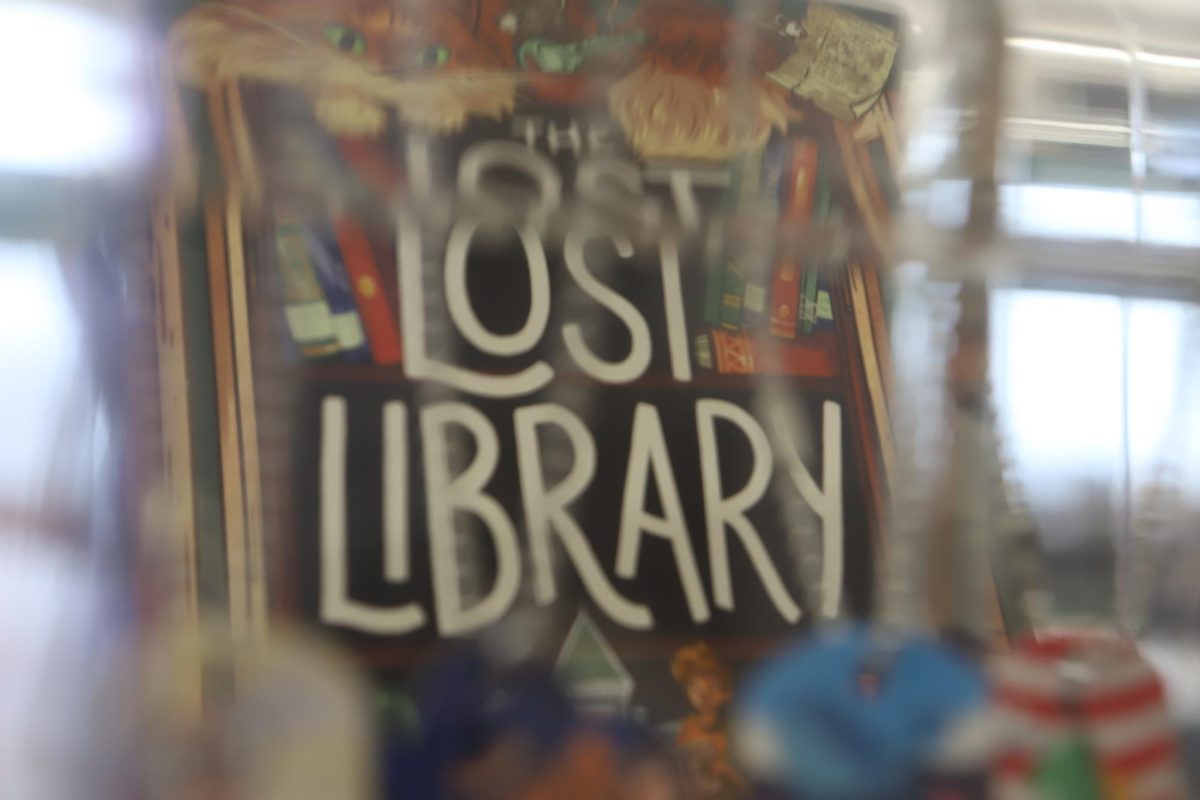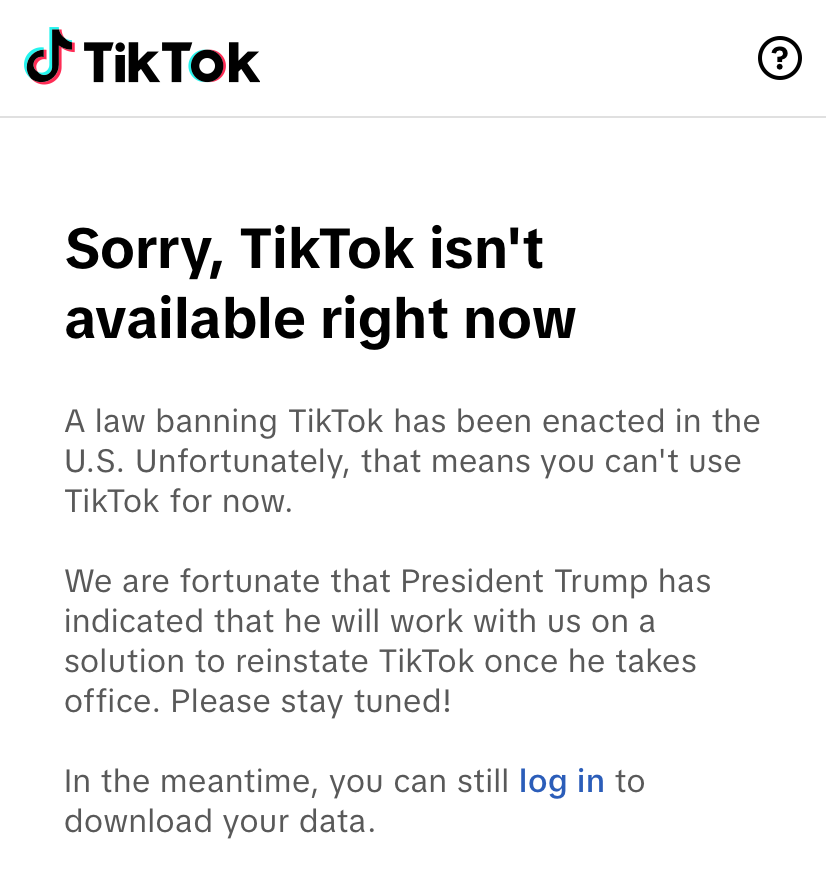Hemlock, not to be confused with the poisonous plant, is a Vegas-based band that was formed by two brothers in 1993 with the dream of going big. Those dreams came true after over 32 years of playing music and being on the road almost half of every year. This hard work caught the attention from other major bands and brands like Slipknot, Lamb of God, Slayer, Disturbed, Snot and so many more.
The band began with brothers Chad and Brian Smith—the two who started it all—looking to pursue the dream of making a living off of music. Chad is the bass player and lead vocalist and Brian is the drummer. The lineup now consists of Chad, Brian, Jezy Ward and Jerad Johnsen.
“When we were kids, my brother was playing drums in the junior marching band. Him and our original guitar player started jamming and doing covers and they tried looking for bass players. They tried three different guys but nobody stuck around to do it and they told me ‘Well, you should do it. You should play bass for us,’” lead singer and bassist Chad Smith said.
Hemlock not only brings positive energy to the table, for they are all about bringing love everywhere they go and even have most of their music based off of positive lyrics behind the heavy hitting riffs. Their song “No Money No Love” talks about how money should never revolve around love in your life. “No Money, Equals No Love.”
“We’ve always been so driven and taken it seriously since the beginning. Even when we were 15, 16 years old we might earn like 200 to 300 bucks from a show and instead of using it to throw parties or whatever, our guitar player Richard was always like ‘Alright, now we need to order the next batch of T-Shirts, stickers, etc. We’ve always treated it like a business,’” Smith said.
Fans from around the United States love who they portray themselves as. On their official website comments can be posted about the band and their music, with nothing but positive reviews across the site.

“Saw Hemlock @ The Martini Room and I am NOT a metal fan but they were amazing and good to their fans,” user ‘SnowFlake’ said.
Hemlock came to Parker, CO during their 2025 tour and played with bands Bleed the Vain, Let Them Burn, and Purge the Heretics. There were approximately 100 people at the Wild Goose Saloon to see all of the talented bands showcase their work.
“[Music] comes second nature since we’ve done it so long,” Smith said, “I just go up there and be myself. It’s not like we have a routine or put on certain costumes, we just go up, jam and have fun. There are days where I’m like ‘Well, I better do my stretches before we go on stage now’, because when you’re 20 years old you just jump up there and go for it.”
32 years of playing music has its pros and cons, especially as artists grow older. But the larger the shows, the less it matters. All Hemlock cares about is the music and the love. They live for the energy and love from their fans and keep the intensity high, ensuring the crowd is always participating.
“You get the energy off of the small clubs where you’re in everybody’s face and you can feel the heat and energy off the audience, but then in the bigger ones, it’s just mind blowing where you can see an ocean, of ya’ know, just heads,” Smith said. “The first time we played with Slayer, I remember we walked out onto the stage and I’m like, ‘Alright, this is it, we’re opening for Slayer. This is awesome.’”
Their love and drive for music is like no other when it comes to their ages and who they’ve played with. The experiences they’ve had during their career is something that most don’t ever get to see or hear from another person like this.
“The big tours are, of course, exciting, but then you have the stuff that’s way more emotional. One of our friends told us a story about how he was really down and depressed and how he had a certain plan that involved hurting himself down by a river,” Smith said “He told us that he was walking down by the river listening to music with his headphones, and said that our song ‘No Time for Sorrow’ came on. One of our songs literally saved his life.”
Music is a huge part of society’s everyday life. Music is the soundtrack of our lives and can shape who you are as a person. Music never gets old, and will be one of the things that people will always confide in at the end of the day.
“You don’t ever wanna step backwards even though there’s been some ups and downs. You learn from it and you keep moving forward,” Smith said. “[Music] is in my blood. During the pandemic, since we weren’t able to play for so long I’ll realize I’m starting to get antsy. I’d be driving down the road in the middle of the night and think ‘Oh, that’s a cool riff, that’s a cool line,’ etc.”

Life would be much quieter without music and the way music has changed over the years shapes how people are now. Studies from Harvard show that music is very positive for helping make connections and contributing to people’s mental health, so it’s uncertain what the world would look like without it. People wouldn’t have music’s support without the music industry bringing talented artists front and center, but the music industry has changed as well.
“I would say that [the music industry] has gotten more screwed up financially. You used to have a record deal and make a living off of it,” Smith said. “It’s why record stores are closed. But the positive to it is that with streaming services now, you’re able to get your music to people that might not have heard you before. We’ve never been in [music] for the money. The music industry is a cesspool as far as the financial side, but the connections, places, experiences and adventures are worth gold itself. It’s why we keep going.”
Music back in the late ‘80s and ‘90s was a different setting. There was no social media or way to promote other than selling CDs on the side of the road and putting up flyers for concerts with the hopes that the venue would get packed out; however, since sharing music has changed so much, while it is easier for artists to get themselves out there, it’s harder to make themselves known. Nowadays, money is a large driving force behind music. People pay to have premium music subscriptions, pay high prices to see concerts, and more. This not only affects listeners but the artists behind the music.
“[If I could talk to my younger self], I’d invest in bitcoins that way I can afford to keep going,” Smith said. “We met this dude over in Belgium last year, really nice guy. He was working the lights at this club and he’s like, ‘Yeah, I got into Bitcoin when it was like, 20 cents’ or whatever, and he had spent like 5 grand and he’s all, ‘So… It’s over a billion dollars now.’ I’m like, WHAT? If I could go back and invest in something where I can say, ‘alright, we don’t have to worry about it,’ then I would.”
Money is a vast root of modern music, making it easier to create than it was when it was more popular for its content. Since the ’80s, studies from Slow Reveal Graphs show how music has seen a significant change in consumption and revenue streams, with every decade seeing new methods of consumption, changing the music scene drastically and decreasing demand. Music composes a large segment of people’s lives, and is why many musicians like Hemlock continue playing after so many years. They love the connections they’ve made and have the drive to make more and no matter how people listen to them or consume their music, they still attempt to bring love everywhere they go.
“Stay authentic and true to yourself. Don’t hold back,” Smith said.






